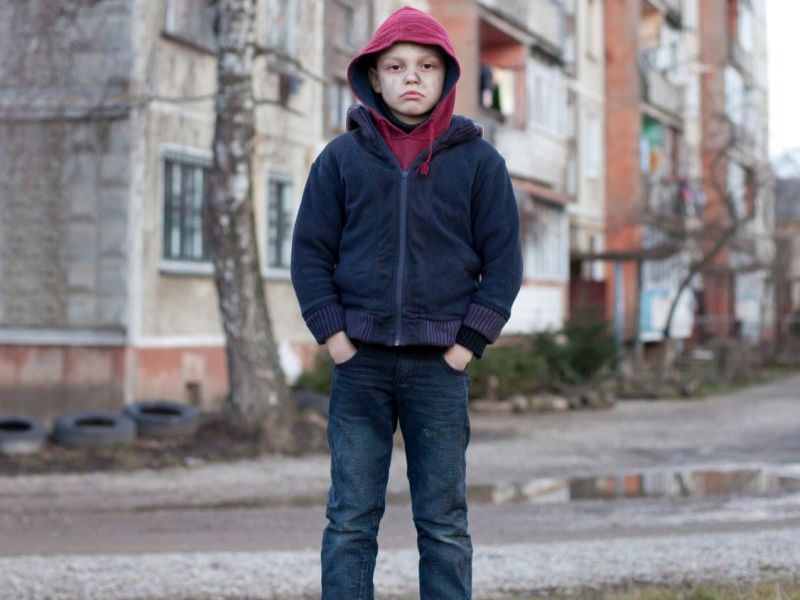MONDAY, Jan. 22, 2018 (HealthDay News) — Millions of American families struggle to find and keep stable housing — and the fight to do so may end up harming kids’ health.
Researchers found that when families faced various types of “housing instability,” moms had a higher risk of depression and kids were more likely to be in “fair” to “poor” health.
It wasn’t only overt homelessness that seemed to take a toll. Kids were also at a heightened risk of poor health when their families moved around a lot, or struggled to make the rent.
It’s not clear exactly why, said lead researcher Dr. Megan Sandel, a pediatrician at Boston Medical Center.
But, she said, “having a stable home is a foundation to thriving.”
And this study shows that low-income families commonly lack that vital stability, Sandel added.
The findings were based on more than 22,000 low-income families who visited primary care clinics or ERs in five U.S. cities.
Of those surveyed, one-third had faced a housing problem; 12 percent had been homeless during their children’s lifetime; another 8 percent had been forced to move at least twice in the past year; and 27 percent had fallen behind on the rent in the past year.
When those circumstances hit, mothers were almost three times more likely to report depression symptoms on a screening test. And parents were 41 percent more likely to rate their child’s health as only fair to poor.
The findings were published online Jan. 22 in the journal Pediatrics.
Sandel said the results should be a “wake-up call” to local communities that many families can’t afford the cost of living — and that might take a health toll, too.
“Housing instability absolutely is a public health issue,” agreed Maya Brennan, a senior policy associate at the nonprofit Urban Institute in Washington, D.C.
Brennan, who studies housing issues, was not involved in the new research.
It’s well-known, she said, that housing quality — including the physical conditions of a home or neighborhood — makes a difference in kids’ health.
For example, poor housing quality can exacerbate kids’ asthma, or put them at risk of accidents or lead poisoning, Brennan said.
Recent studies have pointed to the importance of housing stability in families’ health — and the new findings add to that, Brennan said.
It’s likely, she said, that housing issues affect kids’ health, at least in part, through the impact on parents.
“The stress that parents face passes through to their kids,” Brennan said. Parents who are struggling to keep a roof over the family’s head may be “less present,” for example.
Plus, those families typically have trouble affording other necessities, too. In this study, half of families in unstable situations had trouble buying groceries, and many were behind on paying utility bills.
“What’s striking,” Sandel said, “is the high rate of other hardships associated with housing instability.”
She encouraged pediatricians to ask parents about housing stability and, if they need help, refer them to local services.
If families could get help with paying for food or heat, Sandel explained, “that would free up some money for rent.”
Brennan agreed. “It would be fantastic if pediatricians were aware of what their local resources were, and could refer families.”
The difficulty, she said, is that resources vary, depending on the community.
But if affordable housing sounds like a daunting issue, Brennan said it can be addressed one step at a time.
“Ending homelessness among families with children in this country is completely achievable,” she said. “If we get to that first step, we’ll be better off than where we are now.”
The study found that among families with housing woes, anywhere from 36 percent to 44 percent of mothers had depression symptoms — versus 17 percent of mothers with stable housing. And 13 to 14 percent of their children were in fair to poor health, compared with 10 percent of other kids.
“Many times,” Sandel said, “we focus on things like health care and education as the roots to helping a community thrive. We need to be talking about housing, too.”
More information
The National Center for Healthy Housing has advice for families.
Copyright © 2026 HealthDay. All rights reserved.

